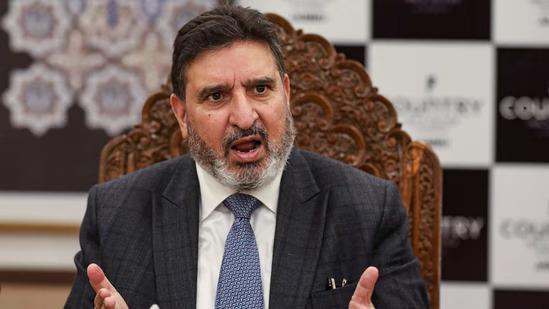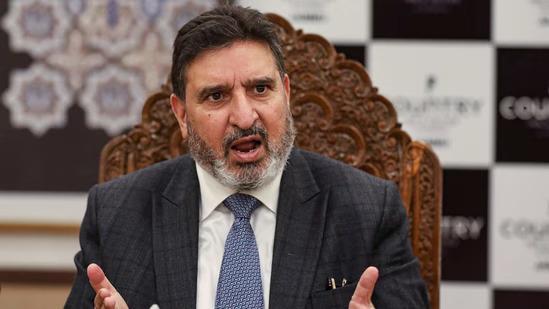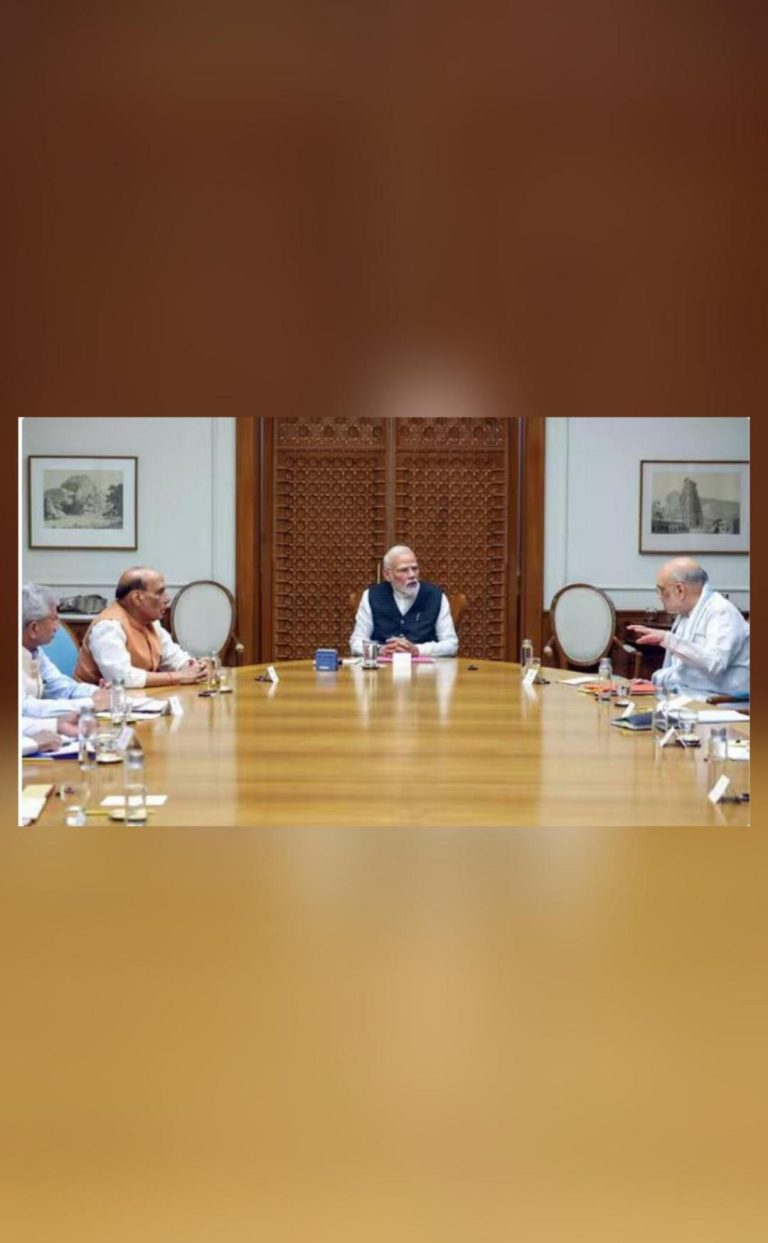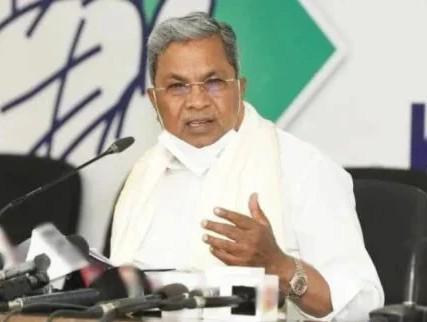
Enemies of Peace Won’t Be Happy to See Peace in J&K: Altaf Bukhari
The recent terrorist attack in Pahalgam, Jammu and Kashmir, has left the nation in shock and grief. The attack, which claimed the lives of at least 26 people, has once again highlighted the need for peace and stability in the region. In the wake of this devastating incident, Altaf Bukhari, the President of Apni Party in Jammu and Kashmir, has condemned the attack and emphasized the importance of learning lessons from such tragic events.
In a statement, Bukhari said, “Those who are enemies of peace will never be happy to see peace in Jammu and Kashmir. This is a murder of humanity.” His words are a stark reminder that the forces of terror and violence will never be satisfied until they have achieved their nefarious goals of destruction and chaos.
Bukhari’s statement is a reflection of the deep sense of sadness and outrage that has gripped the nation in the aftermath of the Pahalgam attack. The attack was a brutal and senseless act of violence that has left families bereaved and a community in mourning. It is a stark reminder of the devastating consequences of terrorism and the need for all of us to come together to combat this menace.
The Pahalgam attack is the latest in a long series of violent incidents that have plagued Jammu and Kashmir in recent years. The region has been a hotbed of terrorist activity, with groups like Lashkar-e-Taiba and Jaish-e-Mohammed carrying out attacks on civilians, security personnel, and infrastructure. The situation has been further complicated by the ongoing political uncertainty in the region, with the abrogation of Article 370 and the subsequent changes to the region’s constitutional status.
Despite these challenges, there are still many who believe that peace is possible in Jammu and Kashmir. Bukhari’s statement is a testament to this optimism, as he emphasizes the need to learn lessons from such attacks and to work towards creating a more peaceful and stable region.
But what exactly do we mean by “peace” in Jammu and Kashmir? Is it simply the absence of violence and terrorism, or is it something more profound? In order to achieve real peace, we need to address the underlying causes of conflict and work towards creating a more just and equitable society.
This means addressing the grievances of all communities in the region, including the Kashmiri people who have been disproportionately affected by the conflict. It means acknowledging the legitimate aspirations of the Kashmiri people for self-determination and working towards a political solution that respects their rights and dignity.
It also means addressing the issues of unemployment, poverty, and inequality that have contributed to the growth of extremism and militancy in the region. It means investing in education, healthcare, and infrastructure, and creating opportunities for young people to build a better future for themselves and their families.
In short, peace in Jammu and Kashmir will require a comprehensive and sustained effort to address the root causes of conflict and to create a more just and equitable society. It will require the active participation of all stakeholders, including the government, civil society, and the international community.
In conclusion, the Pahalgam attack is a stark reminder of the devastating consequences of terrorism and the need for all of us to come together to combat this menace. We must learn lessons from this tragedy and work towards creating a more peaceful and stable region. We must also acknowledge the legitimate aspirations of the Kashmiri people for self-determination and work towards a political solution that respects their rights and dignity.
As Bukhari so eloquently put it, “Those who are enemies of peace will never be happy to see peace in Jammu and Kashmir. This is a murder of humanity.” Let us work towards creating a region where peace and stability are a reality, and where all communities can live in harmony and dignity.




